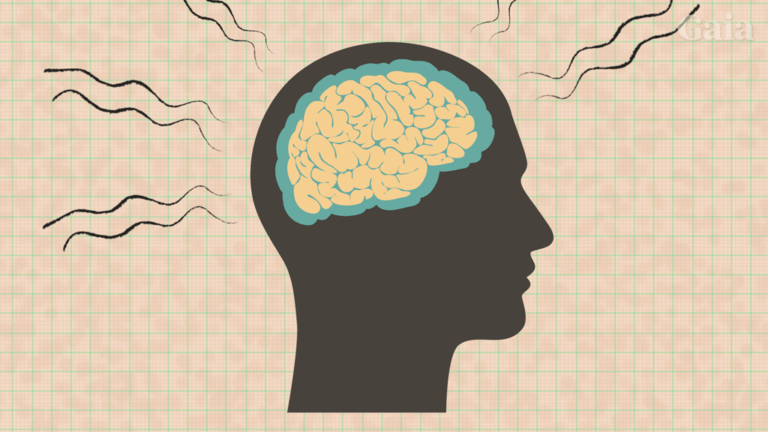SFH #123: Give Yourself Placebo
A dose of self-care 🧠
In 2014 there was a study published on the effects of knowing you are taking placebo migraine medication.1 One group took a migraine remedy marked with the drug's name, another took a labeled "placebo," and the third group took nothing. The outcomes revealed the placebo was 50% as effective as the actual medication in reducing pain. How can we apply this to our health?
The researchers and others in the scientific community concluded that the results of the placebo are related to the complex body and brain connection working in healthy harmony. The therapeutic advantage at play here includes a complicated neurobiological reaction that encompasses stimulation of regions regulating mood and emotional responses, positive neurotransmitters (like dopamine), and heightened self-awareness.
In reality, the active ingredient we are utilizing in placebo (Latin for 'I shall please') is expectation. We can be giving ourselves healthy doses of positive expectations each day in the form of self-care, and our bodies will feel the impact. Placebo isn't going to halt our chronic disease though it can be effective in improving our mood, decreasing pain, and improving our energy levels. The professor behind this study Ted Kaptchuk suggests "Engaging in the ritual of healthy living — eating right, exercising, yoga, quality social time, meditating — provides some of the key ingredients of a placebo effect."
https://pubmed.ncbi.nlm.nih.gov/24401940/


